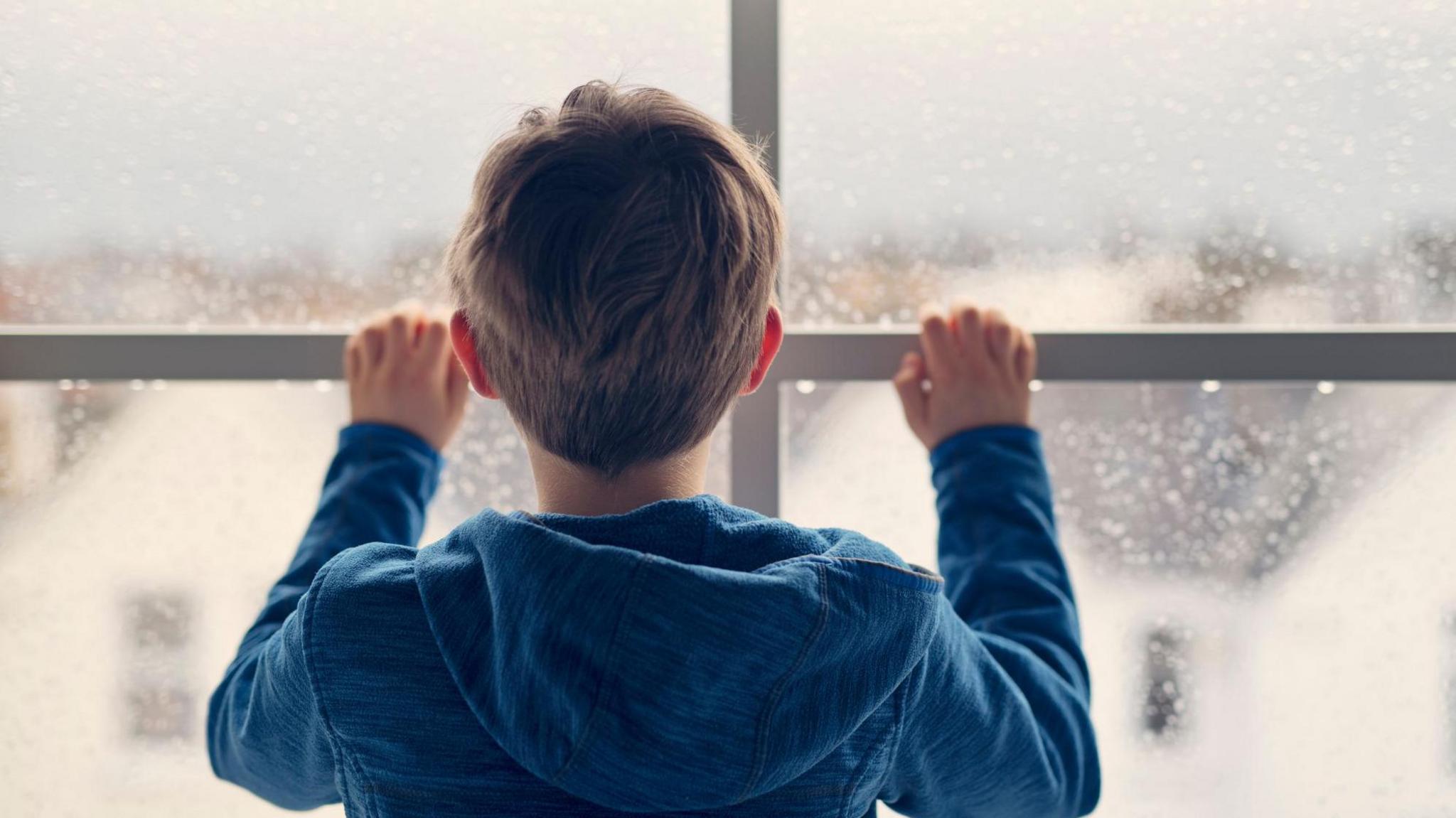Child poverty in parts of Lincolnshire increases

- Published
There has been a significant increase in the number of youngsters living in poverty in Boston, Lincoln and East Lindsey, figures show.
New data from Department for Work and Pensions suggests that 30% of children in those areas are living in low income families.
In 2014/15 the figure was just over 19% in Boston and Lincoln and 18.8% for East Lindsey.
The government said it was helping people on the lowest incomes with a range of measures, including boosting benefits, extending the Household Support Fund and increasing the National Living Wage.
A household is considered to be in relative poverty if its income is below 60% of the national average income.
Pendle in Lancashire had the highest level of any UK local authority, at 43.2%. Richmond on Thames has the lowest figure at just over 5%.
The figures for Hull, North Lincolnshire and North East Lincolnshire have fallen slightly since 2019/20, but have risen overall since 2014/15.
From left to right: the proportion in 2014/15, 2019/20, and 2022/23.
– Boston 19.1% 21.9% 30.8%
– Lincoln 19.6% 21.1% 30.5%
– East Lindsey 18.8% 22.3% 30.4%
– Hull 24.7% 32.7% 28.5%
– North East Lincolnshire 19.6% 28.2% 25.2%
– South Holland 16.1% 18.6% 24.2%
– West Lindsey 14.3% 17.0% 23.9%
– North Lincolnshire 17.2% 24.2% 21.8%
– South Kesteven 12.8% 13.8% 19.1%
Follow BBC East Yorkshire and Lincolnshire on Facebook, external, Twitter, external, and Instagram, external. Send your story ideas to eastyorkslincs.news@bbc.co.uk, external.